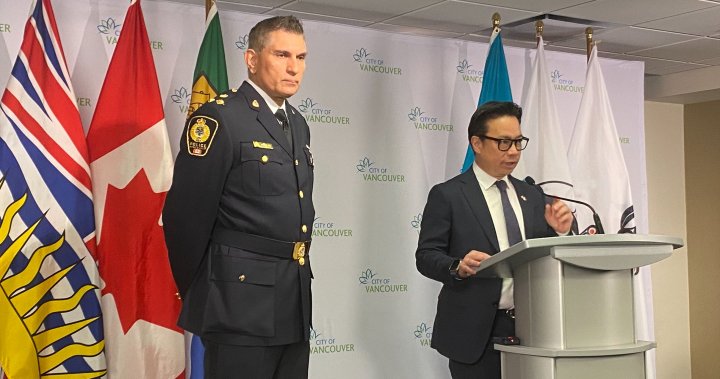On April 26, 2025, Kai-Ji Adam Lo, a 30-year-old man on extended leave from mental health care, drove his SUV into a crowd at the Lapu Lapu festival in Vancouver, killing 11 people and injuring many others. The tragic attack has sparked urgent discussions about the adequacy of mental health support and public safety measures, as investigations reveal that Lo had frequent police encounters linked to paranoid behavior prior to the incident.
Details of the Incident
On the afternoon of April 26, 2025, Kai-Ji Adam Lo drove an SUV through a densely packed area at the annual Lapu Lapu festival held in Vancouver. The attack resulted in the deaths of 11 individuals and left numerous others injured. Emergency responders arrived promptly on the scene, providing medical care and securing the area. Authorities have described the event as a deliberate act, with Lo arrested at the scene without resistance.
Background on the Suspect’s Mental Health
Investigations have revealed that Lo was on an extended mental health leave at the time of the attack. Records indicate that he had been receiving treatment for several years, primarily for symptoms associated with paranoia and other mental health challenges. Despite ongoing care, reports show that Lo’s condition had prompted multiple interventions, including police encounters that raised concerns about his stability and public safety risks.
Law Enforcement and Community Response
In the weeks leading up to the tragedy, local police had several documented interactions with Lo, responding to calls related to his erratic behavior. While these encounters resulted in temporary interventions, they did not lead to sustained compulsory treatment or monitoring. Officials have acknowledged the complexity of balancing individual rights with community safety in such cases.
The incident has prompted local government and mental health advocates to call for a review of current policies governing mental health care, particularly in relation to crisis intervention and continuity of care during extended leave periods.
Public Safety and Mental Health Policy Review
The Lapu Lapu festival attack has intensified national debates regarding the adequacy of mental health resources and support systems. Authorities and experts emphasize the need for improved coordination between healthcare providers and law enforcement to ensure timely identification and management of individuals at risk of violent behavior.
Proposals include enhanced mental health crisis response teams, increased funding for outpatient services, and mechanisms for monitoring high-risk individuals more effectively without infringing on civil liberties. These discussions are ongoing, with legislative sessions planned to address these concerns in the coming months.
Community Impact and Support Efforts
The community continues to mourn the victims and support those affected by the attack. Local organizations have mobilized to provide counseling services and commemorative events to honor the deceased. The tragedy has underscored the importance of community resilience and the need for comprehensive approaches to mental health and public safety.
The tragic attack at the Lapu Lapu festival on April 26, 2025, has brought to light significant challenges at the intersection of mental health care and public safety. The loss of 11 lives and the injuries sustained by many others highlight the urgent need for improved mental health support systems, more effective crisis intervention strategies, and enhanced collaboration between healthcare providers and law enforcement. As the community mourns, ongoing policy discussions and planned legislative actions aim to address these issues comprehensively, striving to prevent similar incidents in the future while upholding individual rights and community security.

